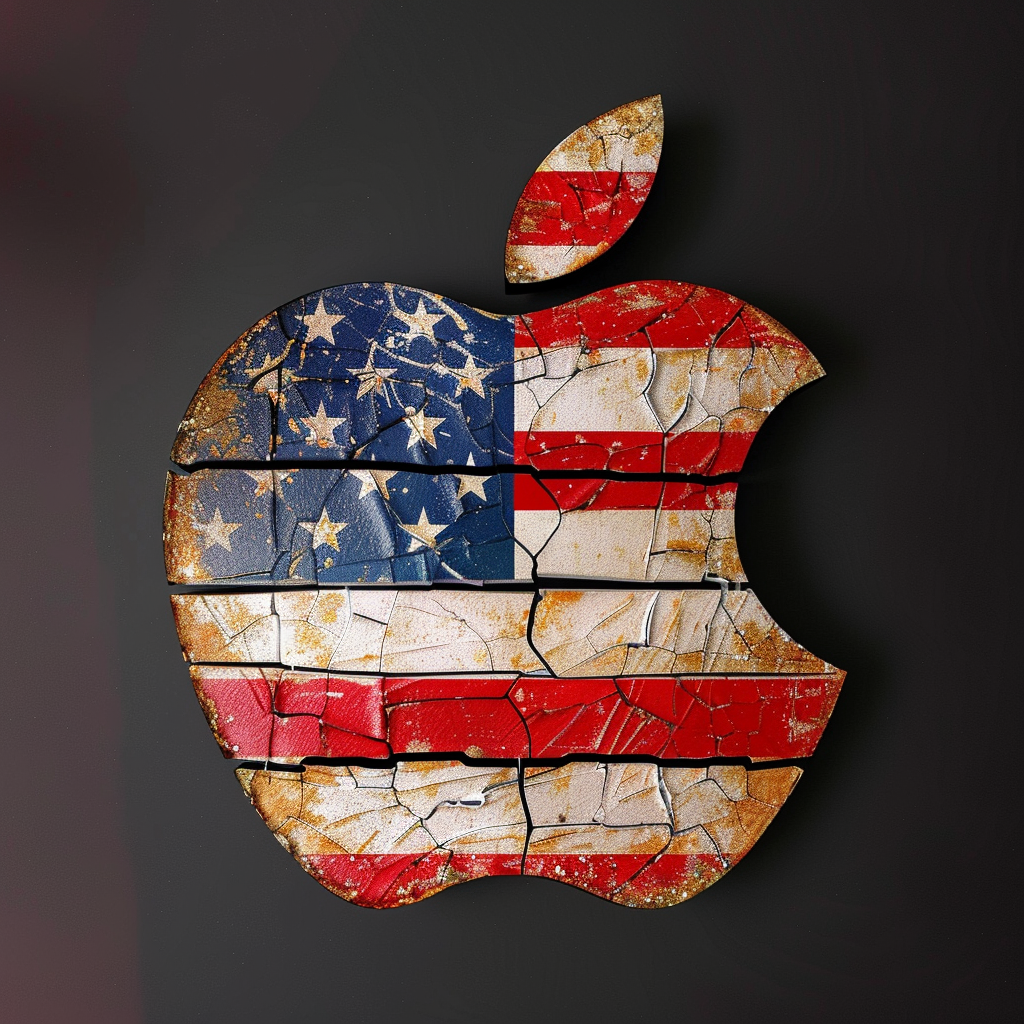May 19, 2010
Quad Cities, IA, USA
I wanted to send you a short note today from America’s heartland to tell you what I’m doing with my investment capital, and why.
I’m closing out almost all of my speculative positions and going to sit on the sidelines for a bit because I’m concerned that the markets are entering another major deleveraging period.
Here are the facts which concern me-
1) Interbank lending in Europe is on the decline. Banks are now hesitant to lend to each other for fear and skepticism of what may be on others’ balance sheets; sovereign debt default has everyone worried, and lenders are mistrustful of anyone who may have exposure to the PIIGS.
The consequence is that European banks are now sitting on their cash and not extending credit to businesses, consumers, and investors. As the modern financial system depends entirely on the availability of credit, a major reduction in credit curtails output and demand, reducing asset prices.
We saw how a credit crunch affected asset prices in 2008, and what’s happening with European banks right now is similar.
2) Markets have been incredibly volatile lately, and this trend is likely to persist in the near term. Extreme volatility can often cause capital flight from risky markets, either due to margin calls or risk aversion.
When capital flees markets, prices fall. We also saw this in the autumn of 2008.
3) Government intervention is on the rise. Yesterday, Germany dropped an 800 pound gorilla on the markets by announcing a series of bans on certain short trades. Among the consequences is that credit markets now have reduced capability to hedge their exposure to risky sovereign debt.
In Switzerland, the central bank (SNB) has dramatically intervened in the currency market, boosting the euro by over 225 pips against the franc for a roughly 1.4% gain overnight. This is a huge move for a major currency.
History shows us that government interventions do not stabilize the markets. At best, intervention discourages private capital from participating in the markets; at worst, intervention encourages gross misallocations of private capital by trying to second-guess future interventionist moves.
Either way, the effect is negative for markets and asset prices.
4) Substantial risks still exist which could cause another leg down in the markets and create more capital losses for banks. These risks include sovereign debt erosion (which is happening), continued rise in foreclosures (which is happening), and a major currency crisis (which is unfolding).
In each of these cases, the net result will be reduced lending and credit availability as banks have to focus on rebuilding their balance sheets and increasing loss reserves.
Again, we saw the effects of these risk factors in 2008. Banks have been on the sidelines ever since, and the consequent lack of credit availability created major cash shortages in the broader economy.
The result is a fire sale of all assets, which causes steep price declines.
To be clear, I think this will affect the gold market as well, mostly because of the reciprocal effect of ETF instruments. The SPDR Gold ETF, better known as GLD, is allegedly the largest private holder of gold in the world.
In the event of a market meltdown, significant sales of ETF shares trigger a sale of gold holdings, which would in turn cause a further decline in the ETF shares, triggering more sales of gold holdings.
It’s a cycle of momentum. Just as we saw oil prices quickly rise to $147 in 2008, the inverse of this cycle is a rapid unwinding. Gold could get caught up in this because there is so much ETF exposure. Consider this if you are holding gold for speculative purposes.
Silver, however, would likely fall even more… and that’s why a bet on a rising gold/silver ratio is one of the few speculations that does make sense to me right now. I could see it rising from 63 to 75 or 80 in the near future.
In full disclosure, none of these assessments is a foregone conclusion in my book, but I see enough risk in the marketplace to take my speculative cash off the table… and that’s really what I wanted to tell you today.
I don’t have a high risk tolerance with my money, and when I see one ‘investment professional’ after another on CNBC telling me why I should jump into the markets because everything is rosy, I get really nervous.
The truth is that until there is some finality with the challenges in the eurozone (which will take quite some time), I don’t see how the markets can do any better than trading sideways.







